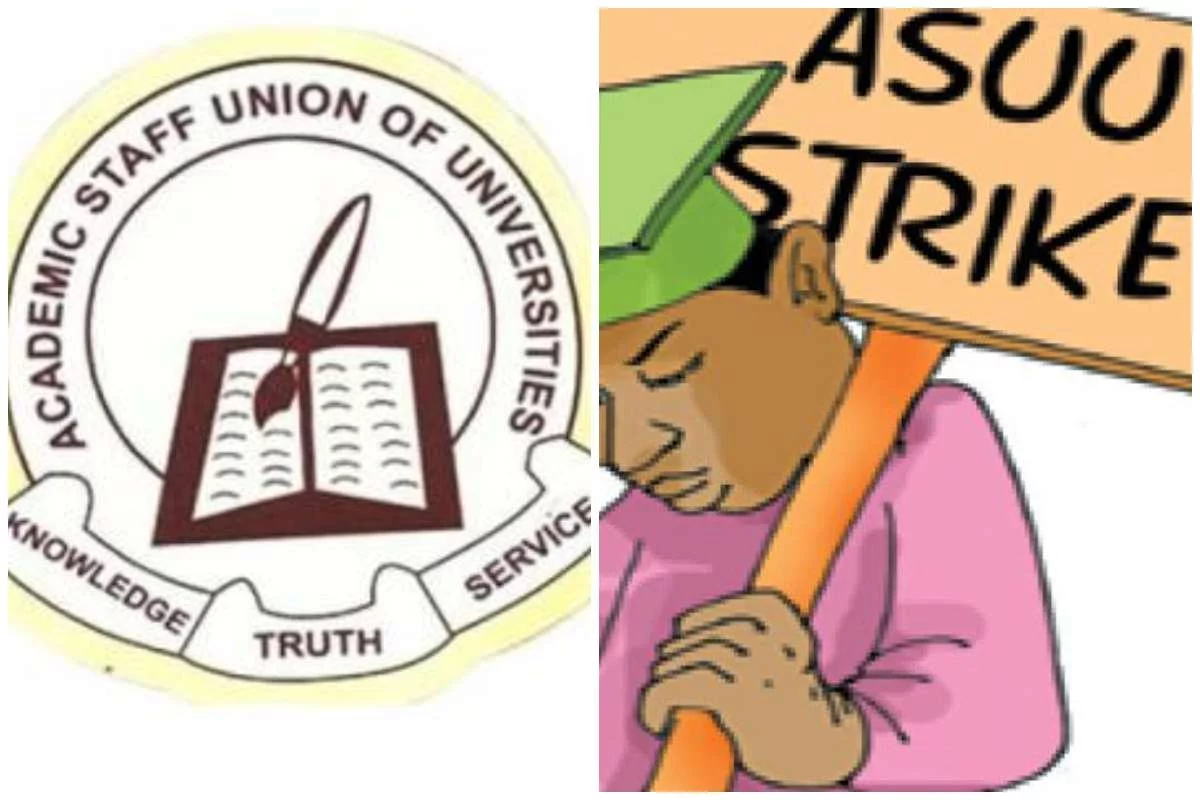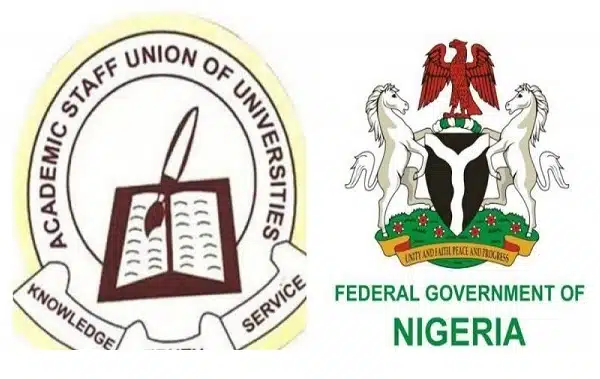The Academic Staff Union of Universities (ASUU) has provided a fresh update on its ongoing negotiations with the Federal Government, signaling a potential turning point in the long-standing standoff that has disrupted academic activities across Nigeria. As students, parents, and staff anxiously await a resolution, the union’s latest communication underscores both progress and persistent challenges in Nigeria’s public university system.
ASUU Negotiations: Where Do We Stand?
ASUU has confirmed that discussions with the Federal Government are still ongoing, with union leadership stating that an official update is expected within the next week or two. While this has raised hopes of a resolution, the union emphasized that several core issues remain unresolved, particularly concerning salaries and working conditions.
Christopher Piwuna, the ASUU President, highlighted that the government’s current offer on salaries is not acceptable, noting that the union is prepared to “go to any length” to secure fair compensation for academic staff. This statement reflects ASUU’s unwavering commitment to ensuring that lecturers receive salaries commensurate with their professional responsibilities and the critical role they play in shaping the nation’s future.
The Core Issues Behind the Strike
The ASUU-Federal Government dispute is rooted in a combination of financial, structural, and ideological challenges within Nigeria’s public university system. Key issues highlighted by the union include:
1. Inadequate Salaries and Compensation
Despite multiple agreements in past negotiations, lecturers’ salaries continue to lag behind acceptable standards. ASUU argues that competitive remuneration is essential to retain talent, improve academic output, and enhance research capacity across public universities.
2. Dilapidated Infrastructure
According to ASUU, many Nigerian universities operate as though they were in the 17th century, with insufficient lecture halls, laboratories, and libraries. The lack of modern infrastructure directly impacts the quality of education, research, and innovation in the country.
3. Fragmented Government Response
ASUU criticized the Federal Government for a disjointed approach to addressing public university challenges. While the Ministry of Education often leads negotiations, other relevant ministries reportedly disengage from meaningful participation, creating bottlenecks in implementing agreements.
4. Ideological Differences on Education
The union highlighted a significant ideological gap: whereas ASUU views education as a public good, many government officials reportedly perceive it primarily through a profit-oriented lens. This mismatch influences policy decisions, funding allocations, and long-term planning for the education sector.
5. Misallocation of Funds
ASUU has expressed concern over the use of funds from the Tertiary Education Trust Fund (TETFund) and other educational allocations. The union alleges that some resources intended for academic development are diverted elsewhere, undermining the quality and accessibility of higher education.
Implications for Students and Staff
The ongoing negotiation and potential suspension of the strike carry profound implications:
- For students: A resolution could mean a return to academic activities and the resumption of delayed lectures and examinations. Conversely, prolonged negotiations could extend disruption, affecting graduation timelines and academic progress.
- For staff: An improved salary structure and better working conditions would provide motivation, reduce brain drain, and enhance research productivity.
- For the education system: A sustainable agreement could set a precedent for proactive governance, improved infrastructure, and increased investment in higher education.
ASUU’s Warning and the Road Ahead
While the union has shown willingness to engage in dialogue, it has also made clear that unacceptable offers will not be tolerated. The coming weeks will be crucial in determining whether a viable compromise can be reached. ASUU’s insistence on fair treatment reflects a broader call for systemic reforms in Nigeria’s public universities.
Education experts note that a long-term solution requires not just negotiation on salaries but also a comprehensive revamp of public university funding, governance, and infrastructure. Without addressing these structural issues, strikes may remain a recurring challenge, disrupting academic calendars and affecting national development.



